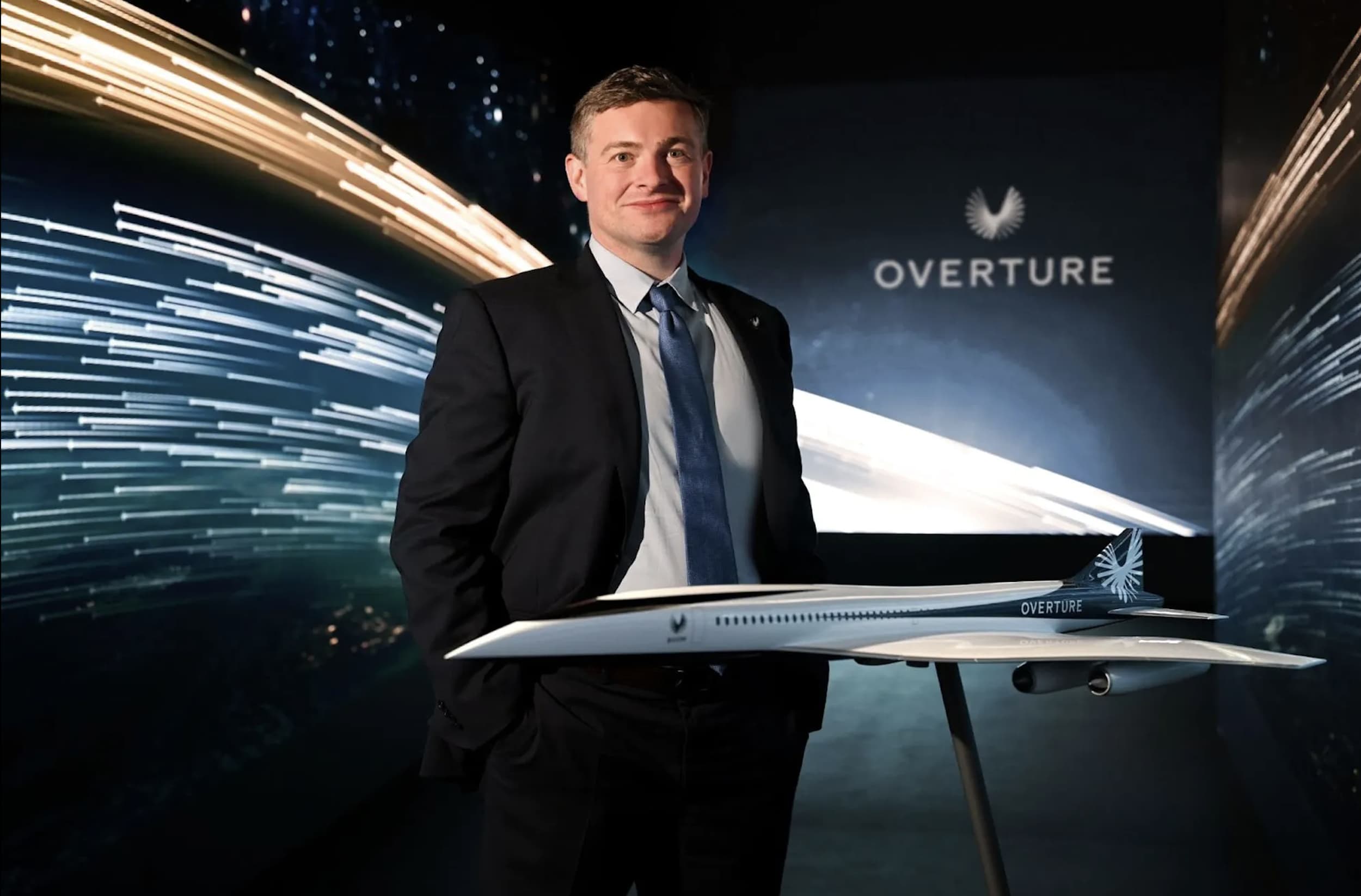Blake Scholl: Regulatory Friction 'Worse Than Peter Says,' Halting Innovation and Projects

Tech entrepreneur Blake Scholl, CEO of Boom Supersonic, recently issued a stark warning via social media, asserting that regulatory friction is a more severe impediment to innovation and business development than commonly acknowledged. In a tweet, Scholl declared, "The regulatory problem is worse than Peter says. It would be bad enough if it merely doubled costs. The truth is regulatory friction is often the delta between 'happens' and 'doesn’t happen.' Companies/projects fail or never start. This is a federal, state and local problem." His comments highlight a growing concern among industry leaders about the stifling effect of government oversight.
Scholl, a vocal critic of excessive regulation, views current frameworks as "one-way doors" that are easily implemented but nearly impossible to reverse, even when proven ineffective. This bureaucratic inertia, he argues, leads to significantly increased costs and often renders promising projects unfeasible. His company, Boom Supersonic, has directly experienced these challenges, particularly in aerospace manufacturing, where processes are frequently optimized for political distribution across congressional districts rather than efficiency.
The Boom Supersonic founder points to historical regulatory hurdles, such as the decades-long ban on supersonic flight over land, which was only recently repealed in June 2025 by executive order. This repeal, a significant victory for Boom, underscores his belief that regulatory environments, when restrictive, actively prevent technological advancement and market entry. Scholl also notes that advancements in large language models (LLMs) are beginning to mitigate some of the burden by streamlining regulatory paperwork, thereby reducing the "cost of change."
The "Peter" referenced in Scholl's tweet is widely understood to be Peter Thiel, a prominent venture capitalist and libertarian. Thiel has long criticized regulation, famously stating that "bits were unregulated and atoms were regulated," which he believes has led to stagnation in physical world innovation. More recently, Thiel has philosophically equated "onerous government regulations" on science and technology with the rise of an "Antichrist" figure, viewing such oversight as a primary driver of technological stagnation and a threat to global progress.
Both Scholl and Thiel share a profound concern that regulation, far from merely adding overhead, actively prevents groundbreaking projects from ever materializing. While Thiel's recent discourse frames the issue in broader, more existential terms, Scholl's tweet grounds the argument in the tangible economic reality of projects failing or being abandoned due to insurmountable regulatory barriers across federal, state, and local levels. Their combined perspectives suggest a significant, underappreciated drag on economic growth and innovation.